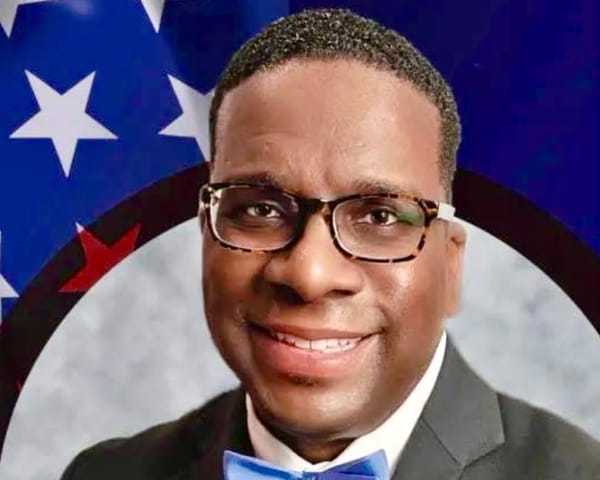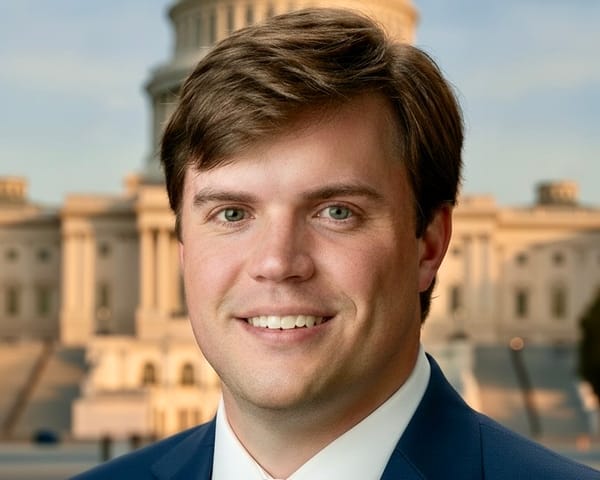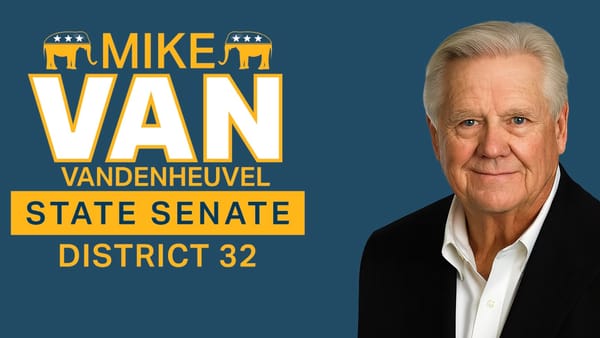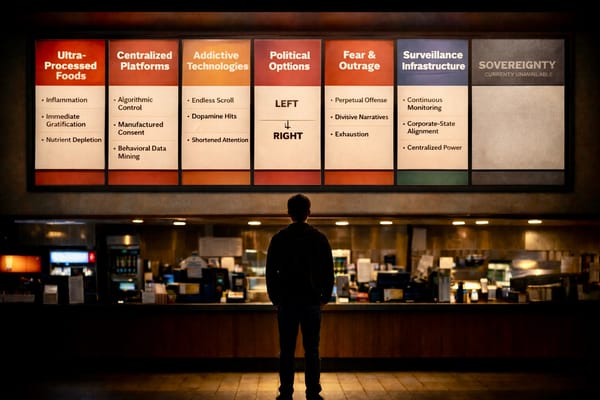John Wahl Applauds Supreme Court Ruling on Parental Rights and Religious Freedom
Ruling is “about restoring the rights of families” to guide children’s moral development
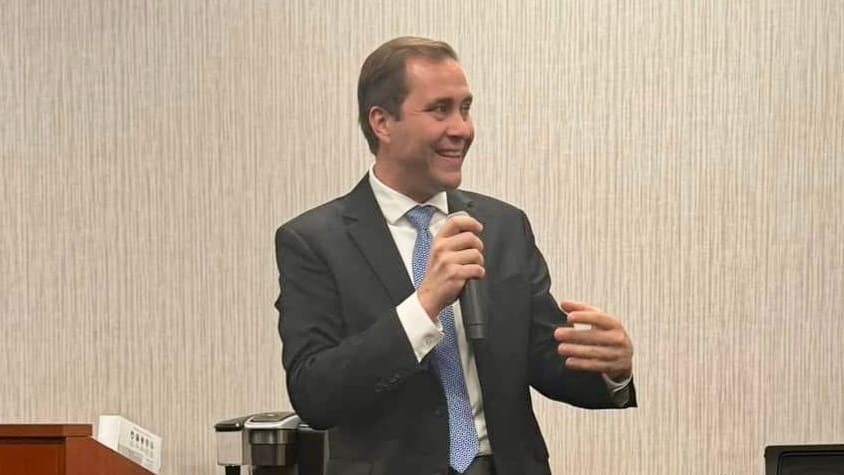
Alabama Public Library Service Chairman John Wahl praised Friday’s U.S. Supreme Court decision in Mahmoud v. Taylor, calling it a major victory for religious freedom and parental authority in public education. The 6-3 ruling affirms that parents have the right to remove their children from public school lessons that conflict with their religious beliefs. Wahl, who also Chairs the Alabama Republican Party, issued a statement shortly after the decision was released.
“As Chairman of the Alabama Public Library Service, I have been saying this for years: we must put parents back in control of what their children are exposed to,” Wahl said. “Today’s Supreme Court ruling is a powerful win for religious freedom and parental rights.” He added, “No child should be forced to sit through lessons that go against their family’s beliefs. Parents—not government bureaucrats—should have the final say in what their children have access to in public institutions.”
The case involved families from Muslim, Catholic, and Orthodox Christian backgrounds who sued the Montgomery County (Maryland) Public Schools after they were denied the ability to opt their children out of classroom readings that included LGBTQ+ themes. The district had previously allowed opt-outs but later removed the policy, citing concerns about discrimination. The plaintiffs argued that the move violated their First Amendment rights and undermined their ability to raise their children according to their faith.
Writing for the majority, Justice Samuel Alito said the government must not “substantially interfere with the religious development of children.” The ruling emphasized that while public schools have the authority to include diverse viewpoints in the classroom, they must also respect the rights of parents to shield their children from instruction they find morally or religiously objectionable. The Court stopped short of declaring a nationwide requirement for opt-outs, but directed the lower courts to reconsider the case with the understanding that the school policy likely overstepped constitutional bounds.
Wahl framed the decision as a check on what he described as an effort by progressive activists to use public institutions to reshape American values. “The modern socialist agenda has made it clear that it wants to bypass parental authority and reshape American values through our public institutions,” he said. “Today’s ruling is a necessary check on that overreach. This isn’t about banning books or silencing voices—it’s about restoring the rights of families to guide the moral and religious upbringing of their own children without government interference.”
While supporters of the ruling celebrated it as a win for religious liberty, critics expressed concern that it could limit students’ exposure to inclusive educational content. LGBTQ advocacy groups warned the decision may open the door to broader opt-outs that could erode efforts to foster tolerance and understanding in schools. Legal analysts also noted that the ruling could create logistical challenges for school districts tasked with managing a patchwork of parental requests.
The ruling comes amid a broader wave of legal and political battles over parental rights, school curriculum, and the limits of government authority in shaping educational content. With a conservative majority on the Court, recent decisions have increasingly leaned in favor of individual rights claims, particularly those grounded in religious liberty. For Wahl, who has made parental control a central part of his advocacy both in education and public libraries, the Court’s stance reinforced the message he’s long promoted: “Parents deserve a seat at the table when it comes to their children’s moral and religious development.”

